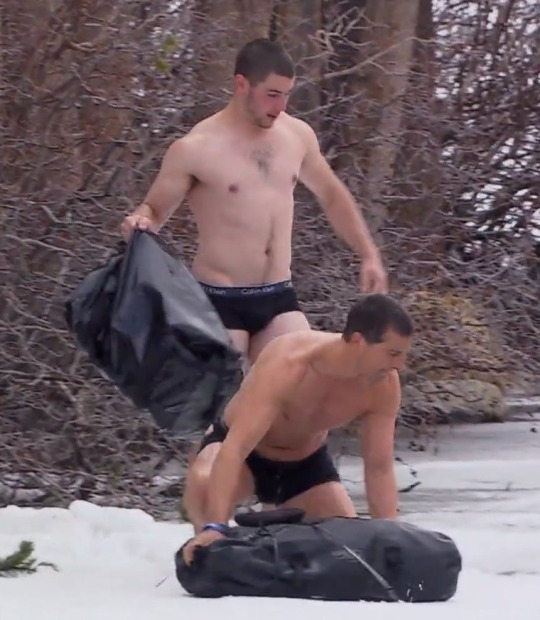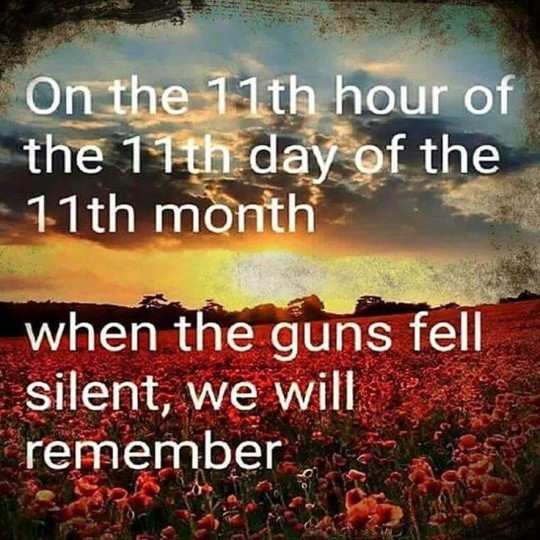#lest we forget
Text
anzac day -> lest we forget
I would like you to do me a favor, and try to picture a scene in your head. Attempt to picture a land of mud and heat, blistering your skin as you merely stand. Head to toe in thick uniform, you and your troops stand in preparation for the landing. Imagine the moment you receive the order, sent to run over those muddy hills, bullets flying your way as they seek to kill.
This is what the landing of Gallipoli felt like for the 16,000 ANZACS on the 25th of April, 1915. The conditions of Gallipoli of course grew worse over the time of the campaign, with the heat or cold, disease, unsanitary conditions, terrible food and of course, the daily deaths of fellow soldiers taking its toll.
I figure I ought to explain what ANZAC means before anything else. ANZAC stands for Australian and New Zealand Army Corps, and was the title given to the armed forces who fought in the Gallipoli campaign during World War 1.
ANZAC Day is held on the 25th of April, the same day the ANZACS landed in Gallipoli that fateful morning. 2,000 soldiers were killed or wounded upon the first day, and those who weren’t killed were left weak.
The Gallipoli campaign lasted until the eighth of January, 1916. A total of 8,159 ANZAC troops lost their lives. As sick as it sounds, the death toll isn’t very high. Gallipoli was important for many reasons, including that it was the first major amphibious assault in modern warfare. But it’s also so important because it was seen as a failure, and yet the troops kept going. The soldiers were seen as the bravest of them all.
ANZAC Day is held all over Australia and New Zealand, ceremonies and marching alike to remember the fallen and the serving. We do many things to commemorate the soldiers fallen and alive, some being the Dawn Service and the other numerous marching and ceremonies of course.
Another thing about ANZAC Day are the flowers. Most notable of these are poppies, famous among Australians and New Zealanders for ANZAC Day. Poppies were among the first flowers to grow back on the Gallipoli front, and ever since then they have been a symbol of hope and remembrance for the ANZACs. Another is rosemary, which means fidelity and remembrance. Many people will be wearing poppies and rosemary on ANZAC Day, a sign of their remembrance to the fallen and those who served.
This is a poem by John McCrae called 'In Flanders Fields'.
In Flanders fields the poppies blow
Between the crosses, row on row,
That mark our place; and in the sky
The larks, still bravely singing, fly
Scarce heard amid the guns below.
We are the Dead. Short days ago
We lived, felt dawn, saw sunset glow,
Loved and were loved, and now we lie,
In Flanders fields.
Take up our quarrel with the foe:
To you from failing hands we throw
The torch; be yours to hold it high.
If ye break faith with us who die
We shall not sleep, though poppies grow
In Flanders fields.
Something that happens here is we play a song called ‘The Last Post’, which is then followed by a minute of silence. During this minute of silence, we remember the fallen, dead, wounded and survived.
It would be a great favor to me if you could reblog this, no matter if you're Australian or New Zealand. No matter where you're from. ANZAC Day is about remembering war, the fallen and the survived.
Lest we forget.
#australia#new zealand#anzac#anzac day#poppies#rosemary#lest we forget#australian and new zealand army corps#gallipoli#gallipoli campaign#aussie#the last post#Spotify
26 notes
·
View notes
Text
Yes, I know we’ve got the Ides of March coming on March 15, but you know what other important day we’re remembering this week??
March 14.
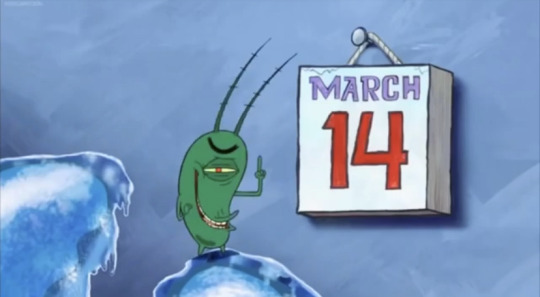
THE DAY THAT KRABS FRIES
9K notes
·
View notes
Text
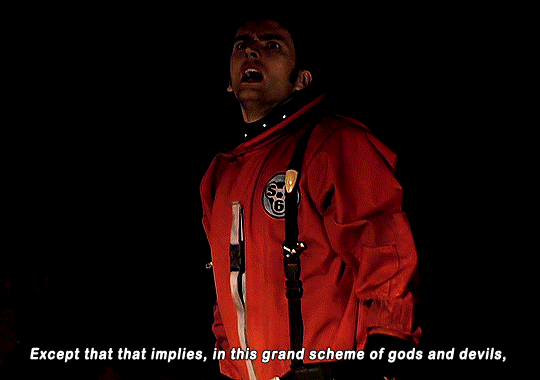







DOCTOR WHO | 2.08
But then you're clever enough to use this whole system against me. If I destroy this planet, I destroy the gravity field. The rocket. The rocket loses protection and falls into the black hole. I'll have to sacrifice Rose.
#dwedit#dwgif#doctor who#dw#rtdedit#timepetals#doctor x rose#tenrose#ten x rose#tenth doctor#usertennant#userlanie#useraurore#usersugar#userpfeiffer#scifigifs#userbbelcher#cinemapix#lest we forget
1K notes
·
View notes
Video
These men are worth your tears. You are not worth their merriment.
- Wilfred Owen
An ex-comrade in arms from my former regiment forwarded me this video. It’s been doing the rounds amongst veterans. It doesn’t need any explanation.
Lest we forget...
#video#first world war#remembrance sunday#remembrance#armistice day#soldier#british army#memorial#memory#generations#war#society#lest we forget
2K notes
·
View notes
Text

".....and in the morning" (3)
St Mary's, Reigate, Surrey
1K notes
·
View notes
Text
It's nine minutes after midnight on the 27th of January where I am. The International Day for the Recognition of the Holocaust. The 79th Anniversary of the Liberation of Auschwitz.
How many of my fellow goyim will treat this day with the respect it deserves? 6 Million Jews & 6 Million others died in the Holocaust. How many will pay respect to those who died? How many even remember what today is & how many who do know will ignore it?
#Holocaust remembrance day#international holocaust remembrance#79 year anniversary#so much death#shoah mention#antisemitism#lest we forget
145 notes
·
View notes
Text
“None of you have said a word and I am coming for you.” OKAY HEY LIAM BACK AT IT AGAIN AT KRISPY KREME I SEE.
#Liam will be the one to get the TPK#he has TWO tpks on his one-shot resume#lest we forget#critical role#candela obscura#cr spoilers
67 notes
·
View notes
Text

Members of the French Resistance discuss the military situation with paratroopers of the U.S. 82nd Airborne Division during the Battle of Normandy, June 1944. Photo credit: U.S. Army Signal Corps / Regional Council of Basse-Normandie / National Archives USA.
#history#military history#WW2#WWII#World War Two#Second World War#D-Day#Normandy Landings#French Resistance#photography#lest we forget
259 notes
·
View notes
Text
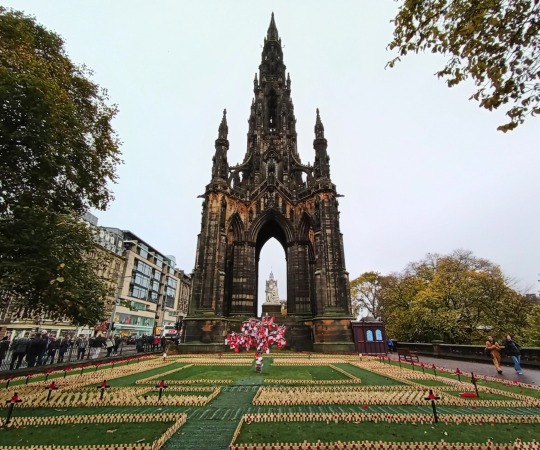
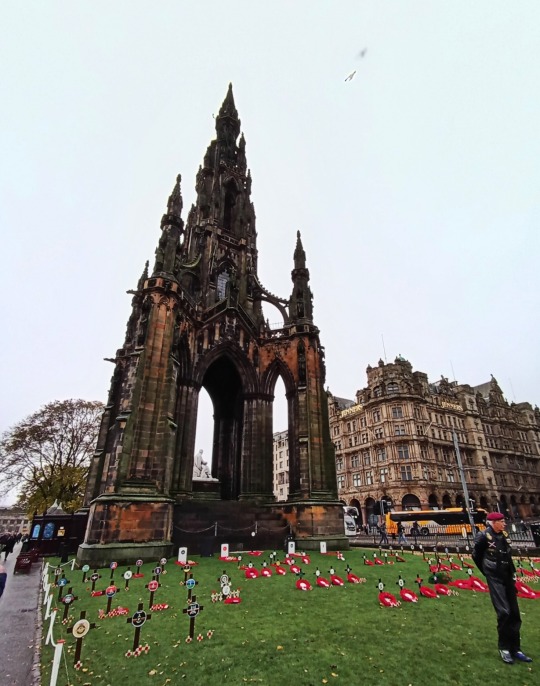

Remembrance Garden on Princes Street, Edinburgh this afternoon.
133 notes
·
View notes
Text
#florida.florian#roma#holocaust#sinti#romani#lest we forget#and just for good measure#the hunger games#Ballad of Songbirds & Snakes
50 notes
·
View notes
Text

June 30th, 1914, was the final day of a goodwill visit by the Royal Navy to Kiel, Germany’s principal Baltic naval base, having arrived on June 23rd. The squadron included battleships Ajax, King George V, Audacious, and several light cruisers.
The Kaiser paraded in his Royal Navy Admiral’s uniform (a title courtesy of Queen Victoria), and British and German sailors mingled and entertained each other drinking, dancing and boxing. It was reported that the assassinations of Archduke Franz Ferdinand and his wife, Countess Sophie Chotek, in Sarajevo, dampened the joyous mood a little, but did not ultimately undermine what was described by an American correspondent as an 'Anglo German love-feast’.
Not everyone was totally caught up in the festivities. A senior RN officer, Captain Henderson, found an imaginative way to report on the state of Germany’s naval preparedness, and that Britain's dominance of the high seas was under significant threat.
"...I think it would not be out of place here, to call your attention to the striking progress made by the German Navy in sports and games. Speaking generally, our men were entirely outclassed in all the usual sports, running, jumping, and in the tug-of war, the Germans simply walked away with it. The Germans have systematically invaded what we have hitherto regarded as our natural preserve…the world of sport..."
As the RN squadron departed, a German Admiral sent, 'Best wishes for a pleasant journey’, to which the British commanding officer responded with thanks and the reply, 'Comrades in the past, and always'.
Sources: Roads to the Great War, 1914 - Day by Day (BBC Radio 4, by Margaret MacMillan), The Telegraph
#remembrance day#world war one#first world war#the great war#lest we forget#armistice day#naval history#royal navy
65 notes
·
View notes
Text
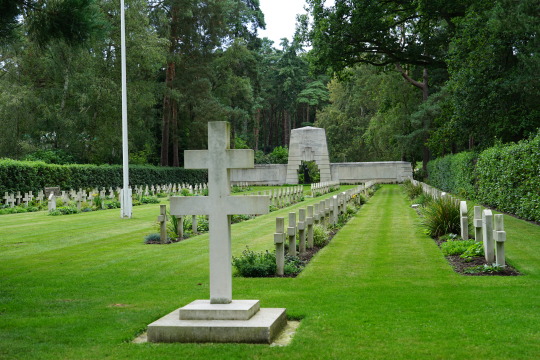

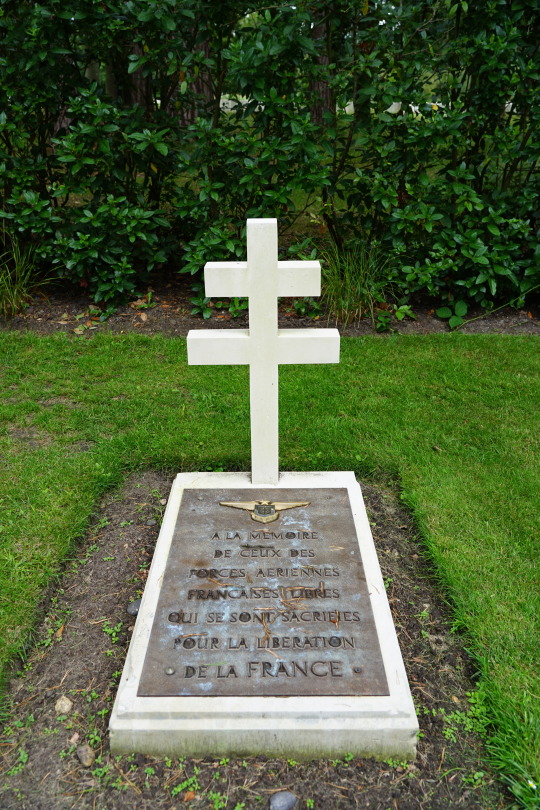
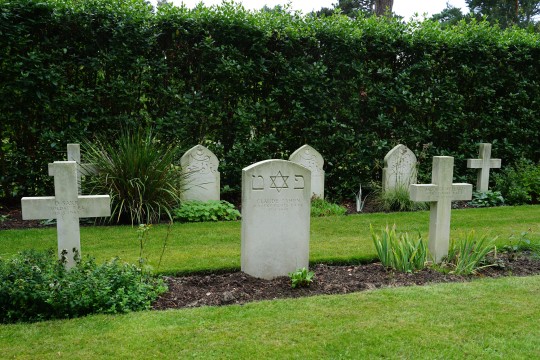
Armistice Day
The Free French Cemetery.
Poignantly, the final photo shows the graves of Christian, Muslim and Jewish people who fought and died together.
Brookwood Military Cemetery, Surrey.
86 notes
·
View notes
Photo

All the people of all the nations which had fought in the First World War were silent during the eleventh minute of the eleventh hour of Armistice Day, which was the eleventh day of the eleventh month. It was during that minute in nineteen hundred and eighteen, that millions upon millions of human beings stopped butchering one another. I have talked to old men who were on battlefields during that minute. They have told me in one way or another that the sudden silence was the Voice of God. So we still have among us some men who can remember when God spoke clearly to mankind.
- Kurt Vonnegut
11th November 1918. General Weygand, Admiral Wemyss and Marshall Foch after signing the armistice. The ceremony was carried out in a railway car. The actual armistice was signed at 5:12 - 5:20 AM. This photograph taken at 7.30am moments before Marshal Foch departed for Paris to hand the Armstice to the French Government.
#vonnegut#kurt vonnegut#quote#armistice day#first world war#peace#11 november#remembrance#lest we forget#war#the great war#france#germany#europe
463 notes
·
View notes

